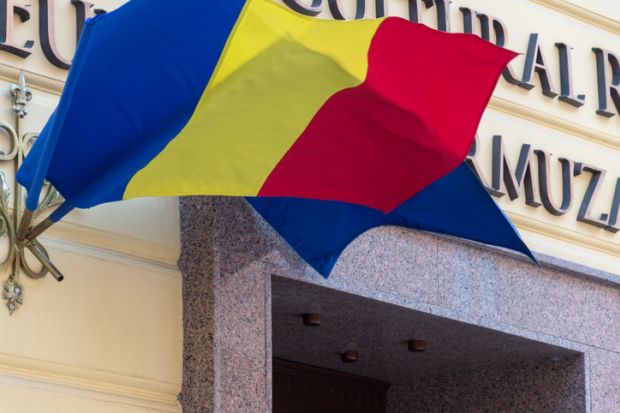Britain’s ambassador to Romania has urged local students not to go to the UK for undergraduate study, making an apparent diplomatic gaffe just as British universities fear that applications from Europe could suffer when fees rise after Brexit.
Speaking to local journalists, Andrew Noble said he expected tuition fees in the UK to double from next year and did not understand why Romanian students would go to the UK to earn a bachelor’s degree when Romania had very good institutions of its own.
Instead, he said, they should study first in Romania then pursue a master’s or doctorate in the UK.
The comments could have been an attempt to flatter Romanian universities – but they also risked being interpreted as a way of discouraging Romanians from studying in the UK, said Mihai Peticilă, a journalist at Edupedu, an education outlet that reported the remarks.
In a country that sends more undergraduates to the UK than any other in Europe except France, the ambassador’s comments have “raised eyebrows”, he said.
They also appear to contradict the official line from both the British Embassy and the British Council in Romania, Mr Peticilă said, which was “to promote studying in the UK at all levels”.
In 2018-19, there were 8,570 Romanian undergraduates at UK universities, with close to 1,000 at the University of Bedfordshire alone, according to the most recent data from the Higher Education Statistics Agency.
This brain drain of top students to the UK and other countries has long been a contentious issue in demographically shrinking Romania. In 2017, proposals were floated to force state university graduates to remain in the country or repay the cost of their education.
But whether such an outflow to the UK will hold up when fees spike next year is unclear. In June, the UK government announced that from 2021-22 European Union students would have to pay international student fees, which are much higher, and would lose access to home student loans.
Philip Walters, headmaster of the British School of Bucharest, which normally sends about 60 per cent of its graduates to UK universities, said it was “inevitable” that higher fees would “hit” these numbers. “There’s likely to be an increase to other countries, to Italy, Spain and Holland. Without a doubt,” he said.
A UK government spokeswoman said: “We are delighted to have about 10,000 Romanian students in the UK and we are keen to build on that educational exchange even further.”
Register to continue
Why register?
- Registration is free and only takes a moment
- Once registered, you can read 3 articles a month
- Sign up for our newsletter
Subscribe
Or subscribe for unlimited access to:
- Unlimited access to news, views, insights & reviews
- Digital editions
- Digital access to THE’s university and college rankings analysis
Already registered or a current subscriber? Login








